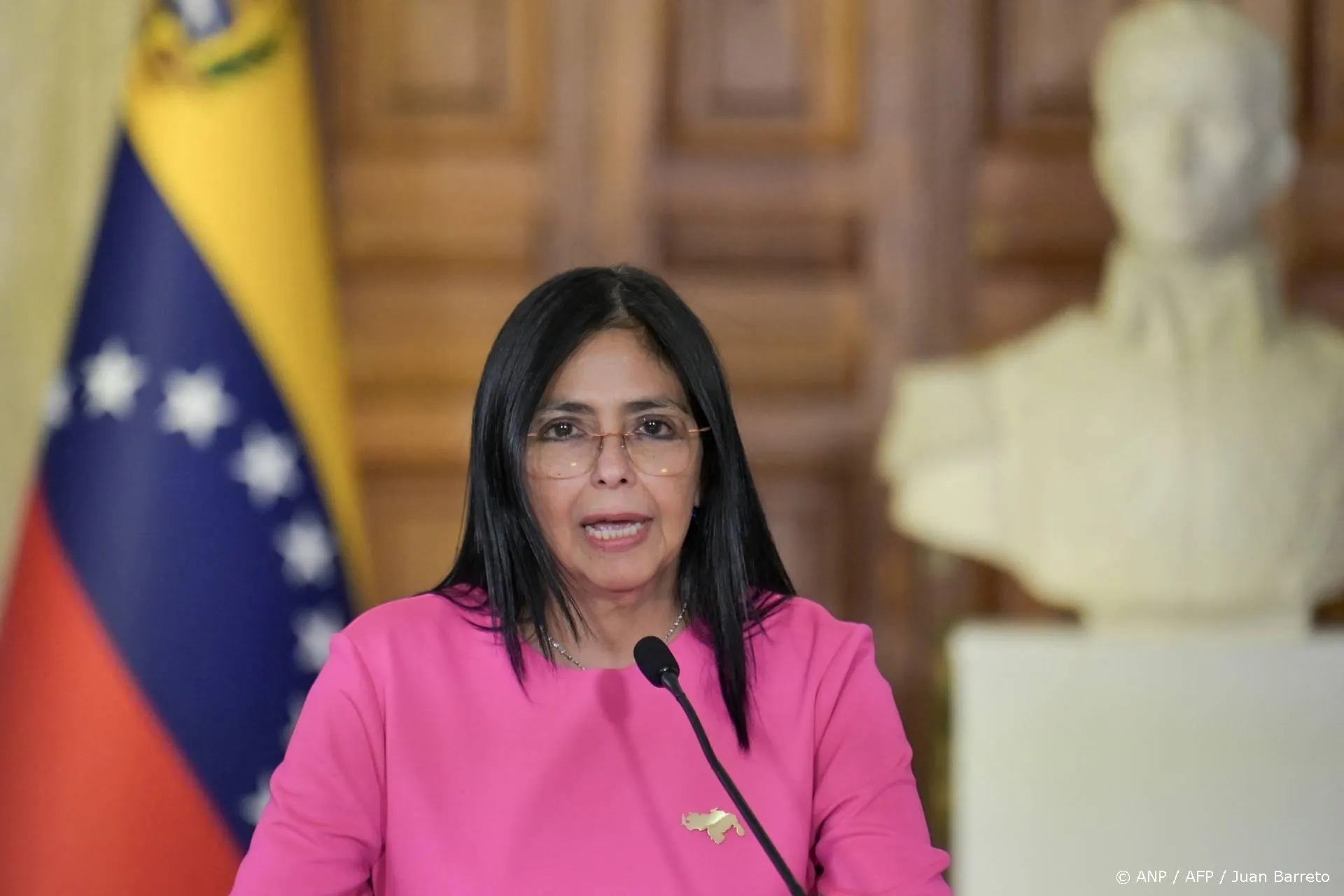'Nature' gispt VN-Klimaatpanel
Het blad 'Nature' is een van de enthousiaste propagandisten van de menselijke broeikashypothese. Het klimaatalarmisme wordt met messiaanse ijver uitgedragen. De rapporten van het VN-klimaatpanel (IPCC) gelden als de bijbel. Het aanbod van klimaatsceptische artikelen wordt in de regel met flutsmoezen afgewezen. En in de redactionale kolommen wordt Kyoto aangeprezen als middel om de planeet te redden. Maar nu publiceert zelfs 'Nature' bedenkingen over de praktijken die binnen het IPCC in zwang zijn.
In een recent artikel onder de titel, 'Shot with its own gun', schrijft een anonieme editorialist:
For more than 20 years, the Intergovernmental Panel on Climate Change (IPCC) has performed the essential and time-consuming task of pooling and making publicly accessible the evolving knowledge base gleaned from climate-change research. Its efforts were rewarded in 2007 with the Nobel Peace Prize [Noot HL: voor de vrede, niet voor de wetenschap!] not bad for what is basically a voluntary organization [Noot HL: Vrijwillig? De deelenemers worden gewoon betaald door de wetenschappelijke instellingen waar zij werkzaam zijn. Klimaatsceptische 'expert reviewers', zoals ondergetekende, krijgen echter niet betaald.] staffed by thousands of working scientists. But in the past two years, the IPCC has displayed a talent for manoeuvring itself into embarrassing situations, making itself an easy target for critics and climate sceptics.
The problems began in late 2009, when it was reported that the IPCCs fourth assessment report, published two years earlier, mistakenly claimed that all Himalayan glaciers could melt by 2035. The subsequent fallout seriously damaged the IPCCs credibility, and was exacerbated by the inept attempts of the groups chairman, Rajendra Pachauri, to contain the crisis.
A subsequent review of the organizations governance and policies saw it commit to a number of wide-ranging reforms. This month, the IPCC is in the crosshairs again. The revelation that a Greenpeace energy analyst helped to write a key chapter in the IPCCs Special Report on Renewable Energy Sources and Climate Change Mitigation, released last month, sparked widespread criticism across the blogosphere. Compared with the glacier faux pas, the latest incident is trivial. But it should remind the IPCC that its recently reworked policies and procedures need to be implemented, visibly and quickly.
En zo gaat de auteur door. Hij concludeert:
There is no escaping the fact that the IPCC operates in a latently hostile environment. Its critics are vocal, frequently melodramatic and unlikely to surrender the limelight any time soon. The IPCC has to stop handing them ammunition on a plate.
Lees verder hier.
Helaas blijkt de anonieme auteur onvolledig geïnformeerd te zijn wanneer hij stelt dat de problemen in 2009 begonnen. Dat is onjuist. Dat was al véél eerder het geval. Bij de opstelling van het tweede IPCC-rapport in 1996 hadden de daaraan deelnemende wetenschappers op basis van de beschikbare literatuur geconstateerd:
- None of the studies cited above has shown clear evidence that we can attribute the observed [climate] changes to the specific cause of increases in greenhouse gases.
- No study to date has positively attributed all or part [of the climate change observed to date] to anthropogenic [man-made] causes.
- Any claims of positive detection of significant climate change are likely to remain controversial until uncertainties in the total natural variability of the climate system are reduced.
Zie hier.
Deze tekst was door hen goedgekeurd. Zij verkeerden in de veronderstelling dat dit de finale versie was.
Maar wat gebeurde er?
Deze passages werden verwijderd vermoedelijk door de leidende auteur Benjamin Santer.
In plaats daarvan kwam de volgende passage:
The body of statistical evidence in chapter 8, when examined in the context of our physical understanding of the climate system, now points to a discernible human influence on the global climate.
Daarmee verloor het IPCC definitief zijn onschuld. En vervolgens werd het klimaatalarmisme in elk navolgend rapport een tandje hoger gezet. Dat verhaal over die Himalaya gletsjers verzinkt natuurlijk in het niet bij dit soort majeure manipulatie. Ik vrees dan ook dat het nooit meer goed zal komen met het IPCC.
Ga verder met lezen
Dit vind je misschien ook leuk
Laat mensen jouw mening weten
Lees ook
Loading


